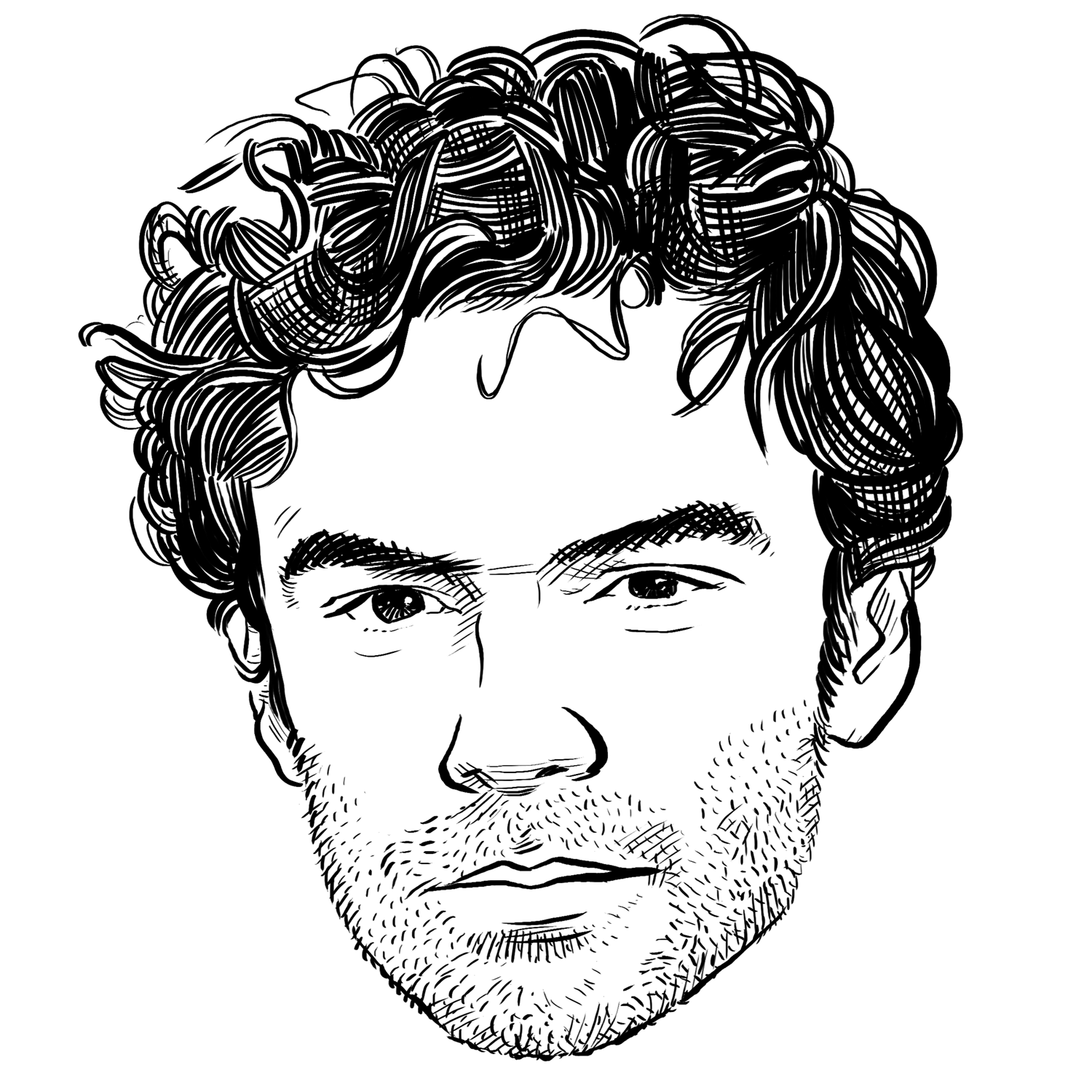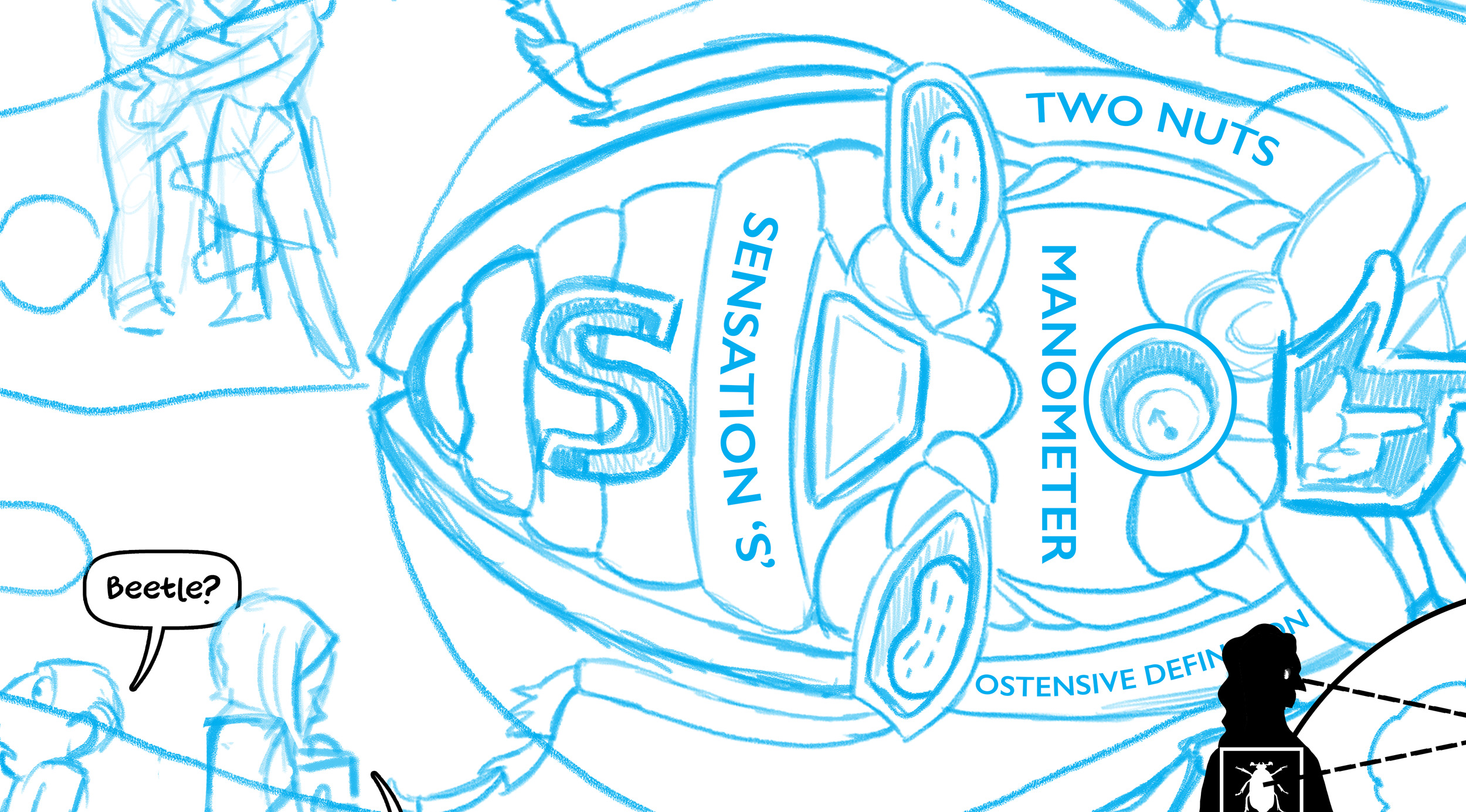BBC
A History of Ideas: Wittgenstein’s Beetle In A Box Analogy
Aidan Turner on Wittgenstein’s Beetle In A Box Analogy
Can we ever know another person’s pain? Or even what their experience of the colour green might be? For Ludwig Wittgenstein, the answer to this question cut to the very heart of ‘meaning’. Does what we privately mean by ‘pain’ actually have any bearing on how we all use the word? His ‘Beetle in a Box’ analogy explains his stance very neatly. But be warned, if you think about the ramifications of this theory, you might find it has a profound effect on how you view the world!
Want to hear more on this topic?
Here’s the whole episode from A History of Ideas – Neuropsychologist Paul Broks on Wittgenstein.















